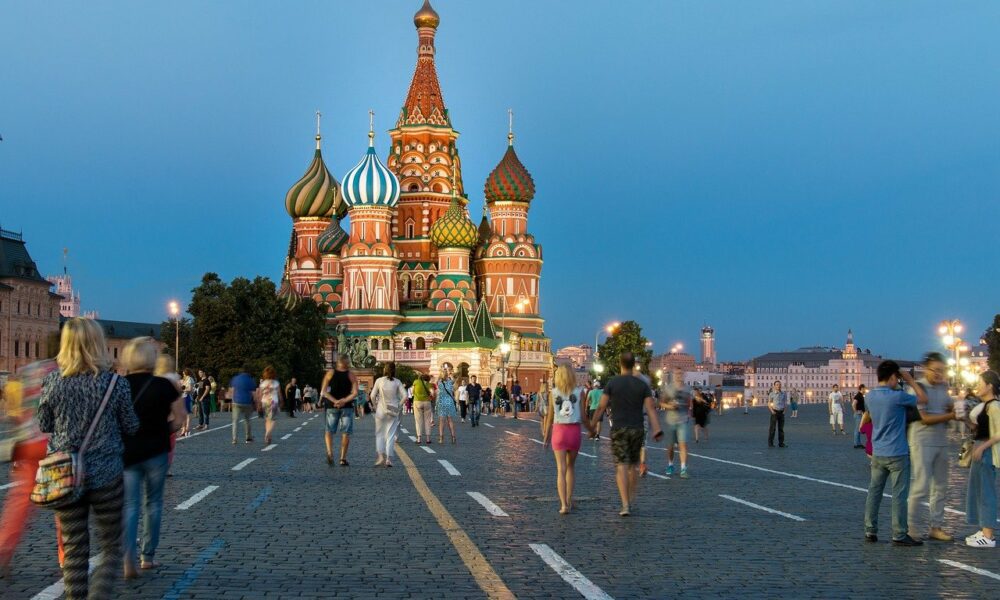Russian regulators have been making an effort to increase oversight in the crypto-sector. In a new directive, the Bank of Russia has put a ban on mutual funds from investing in digital currencies. A translated document stated,
“…a ban is established on the investment of funds of mutual funds, including those intended exclusively for qualified investors, in digital currencies and financial instruments, the cost of which depends on the rates of digital currencies.”
Simply put, this essentially bars funds from crypto-exposure, which was previously only a recommendation.
In fact, a local report quoted an expert who revealed that there are currently no mutual funds in Russia that invest in cryptocurrencies. Therefore, the decision will not have a major impact on investors.
As per Artem Deev, Head of the analytical department at AMarkets, the central bank opposes such investments, with the regulations not making such investments possible.
Vasily Illarionov, Executive Director of the Investments and Savings Division of Sberbank, told RBC-Crypto,
“So far, our line of mutual funds and competitors do not have digital assets.”
In a notification based on July’s data, the regulator had pointed out that Russia conducted crypto-trades of over $5 billion (350 billion rubles) over the past year. This means that Russians are active crypto-traders. The country also houses over 11% of the global mining hashrate per month. In fact, power outlets in the country are also reportedly making an attempt to raise electricity rates for crypto-miners.
Here, it is worth noting that some time back, Vladimir Putin’s administration also brought in a draft policy for crypto-exchanges under its anti-corruption guidelines. This essentially allowed federal security officials to send inquiries to crypto-exchanges and “operators of information systems in which digital financial assets are issued.”
Meanwhile, the Bank of Russia is also buckling up for a pilot to test its ruble-backed central bank digital currency (CBDC). According to Reuters, Russia can have a prototype of the platform by early next year. Additionally, Central Bank Governor Elvira Nabiullina told the media outlet that a decision on its launch will be taken after a pilot test in 2022.


